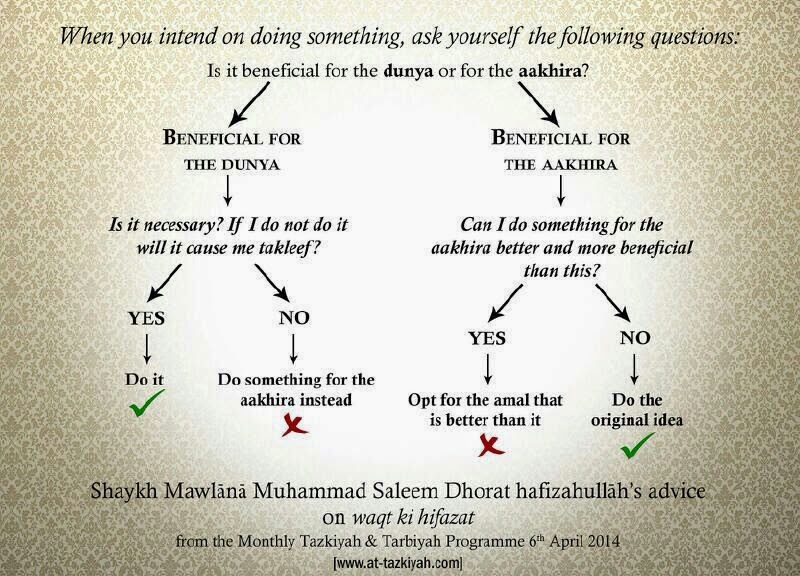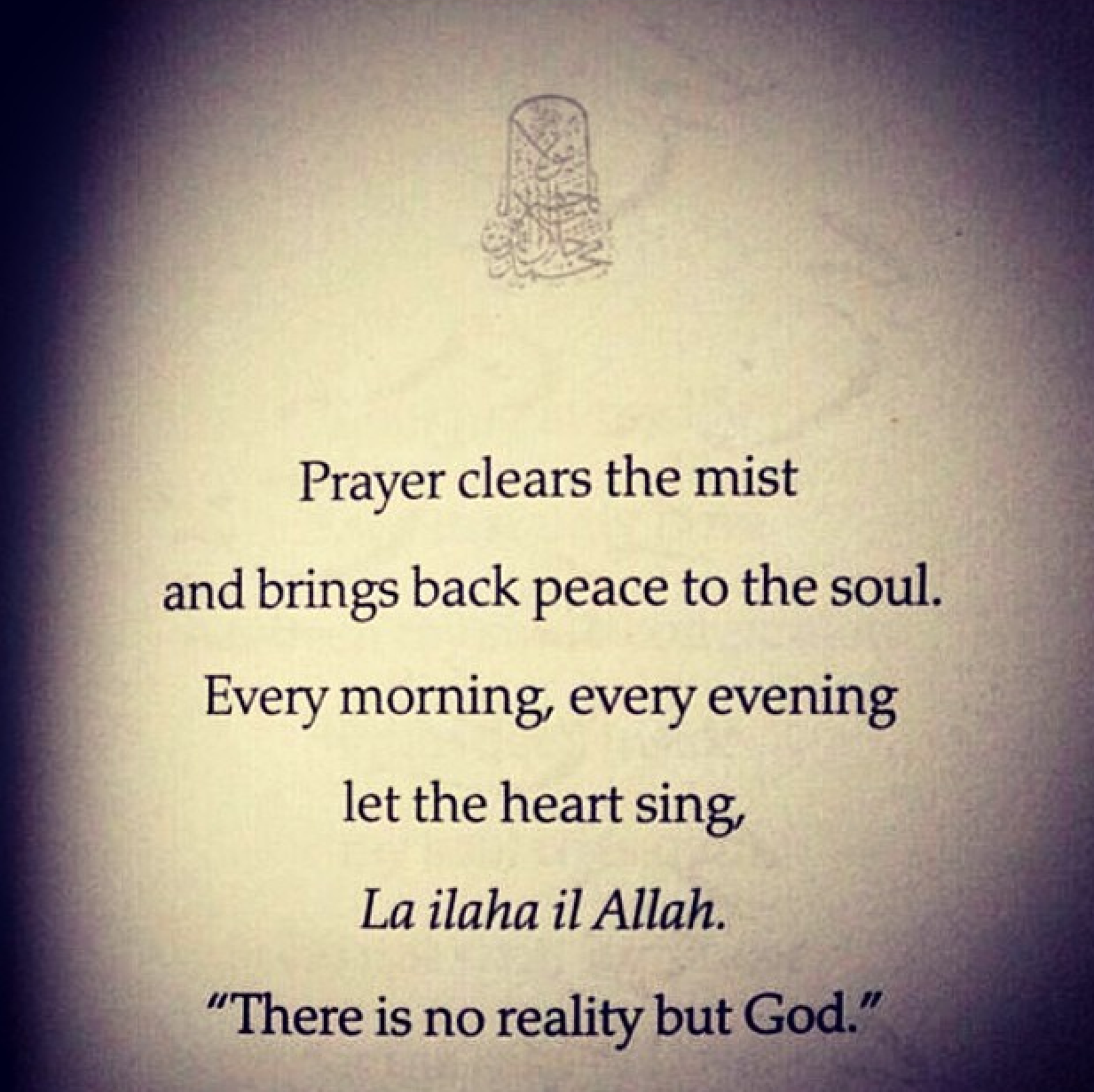Assalamu alaikum wa rahmatullahi wa barakatuhu!
In the Name of Allah, Most Gracious, Most Merciful
It is not for a believing man or believing woman, when Allah and His Messenger have decided a matter, that they should (thereafter) have any choice about their affair. And whoever disobeys Allah and His Messenger has certainly strayed into clear error.
And (remember O Muhammad) , when you said to the one on whom Allah bestowed favour and you bestowed favour, "Keep your wife and fear Allah", while you concealed within yourself that which Allah is to disclose. And you feared the people, while Allah has more right that you fear Him. So when Zayd had no longer any need for her, We married her to you in order that there not be upon the believers any discomfort concerning the wives of their adopted sons when they no longer have need of them . And ever is the need of Allah accomplished.
There is not to be upon the Prophet any discomfort concerning that which Allah has imposed upon him. (This is) the established way of Allah with those (prophets) who have passed on before. And ever is the command of Allah a destiny decreed.
(Allah praises) those who convey the messages of Allah and fear Him and do not fear anyone but Allah. And sufficient is Allah as Accountant.
(Surah Al-Ahzab, Verses 36-39)
Many Arabs used to kidnap children and take them to distant places, where none recognised them. They would then sell them as slaves. Zayd bin Haaritha (ra) was travelling with his mother to her parents home when some bandits kidnapped him and took him to Makkah, where they sold him as a slave. He was 8 years old at the time. Hakeem bin Hizaam bin Khuwaylid (ra) bought him as a gift for his paternal aunt, Khadijah (ra). He paid 400 dirhams for the boy.
When Khadijah (ra) married the Prophet Muhammad (saw), she presented Zayd (ra) as a gift for her husband. The Prophet (saw) adopted him as a son and people began referring to him as Zayd bin Muhammad (Zayd, the son of Muhammad) because it was customary among the Arabs to refer to an adopted child as the real child of the adoptive father.
When Zayd's (ra) father learnt after much investigation that his abducted son had been sold as a slave in Makkah, he arrived in Makkah to purchase his freedom. When he approached the Prophet (saw) and explained that he wished to purchase his son's freedom, the Prophet (saw) told him that he may take the boy for free if the boy agreed to accompany him. However, the boy should be left to remain with the Prophet (saw) if he chose to do so.
Exuberant, the father said that the Prophet (saw) had exceeded the bounds of kindness because the Prophet (saw) reserved the right to retain the boy. When the Prophet (saw) asked Zayd (ra) if he recognised the two persons who came to fetch him, he immediately responded by saying that they were his father and uncle.
The Prophet (saw) told him, "You know them and you know me because you have spent time in my company. You now have the choice to join them or to remain with me". Zayd (ra) chose to remain with the Prophet (saw). His father said, "It is tragic that you prefer a life of slavery to freedom and another person to your father, uncle and family". Zayd (ra) replied, "I have seen such qualities in my master and I simply cannot prefer any other to him".
This episode took place before the Prophet (saw) announced his prophethood. When Muhammad (saw) announced that he was a prophet, Zayd (ra) was one of the first to accept Islam.
The Prophet (saw) married Zayd (ra) to his slave, Barka (ra) famously known as Umm Ayman (ra). She was of African origin and it was she who brought the Prophet (saw) back to Makkah from Abwa after his mother passed away when he was only 6 years old. Umm Ayman (ra) gave birth to Usama bin Zayd (ra), who was commonly referred to as the 'beloved of the Prophet (saw)'.
People always referred to Zayd bin Haaritha (ra) as Zayd bin (the son of) Muhammad. However they stopped doing so when Allah revealed the verse:
Allah has not made for a man two hearts in his interior. And He has not made your wives whom you declare unlawful your mothers. And He has not made your adopted sons, your (true) sons. That is (merely) your saying by your mouths, but Allah says the truth, and He guides to the (right) way.
Call them by (the names of) their fathers; it is more just in the sight of Allah. But if you do not know their fathers, then they are (still) your brothers in religion and those entrusted to you. And there is no blame upon you for that in which you have erred but (only for) what your hearts intended. And ever is Allah Forgiving and Merciful.
(Surah Al-Ahzab, Verses 4 and 5)
The Prophet (saw) then married Zayd (ra) to his cousin, Zainab bint Jahash (ra). She was the daughter of the Prophet's (saw) paternal aunt. She accepted the proposal on the Prophet's (saw) recommendation, but the couple could never adapt to each other. When Zayd (ra) wanted to divorce her, the Prophet (saw) advised him to maintain the marriage. However, when matters came to a head, he finally divorced her.
Allah then commanded the Prophet (saw) to marry her, when He revealed the verse,
"So when Zayd fulfilled his need from her, We married her to you .."
After completing the Iddah, the Prophet (saw) sent a marriage proposal to her via Zayd (ra), but she requested time to to consider the matter. However, when Allah revealed the above verse, the marriage was contracted and the Prophet (saw) was legally married to her. It is for this reason that she boasted to the other wives of the Prophet (saw) saying,
"Your guardians married you whereas Allah Himself married me".
Wasalaam!


